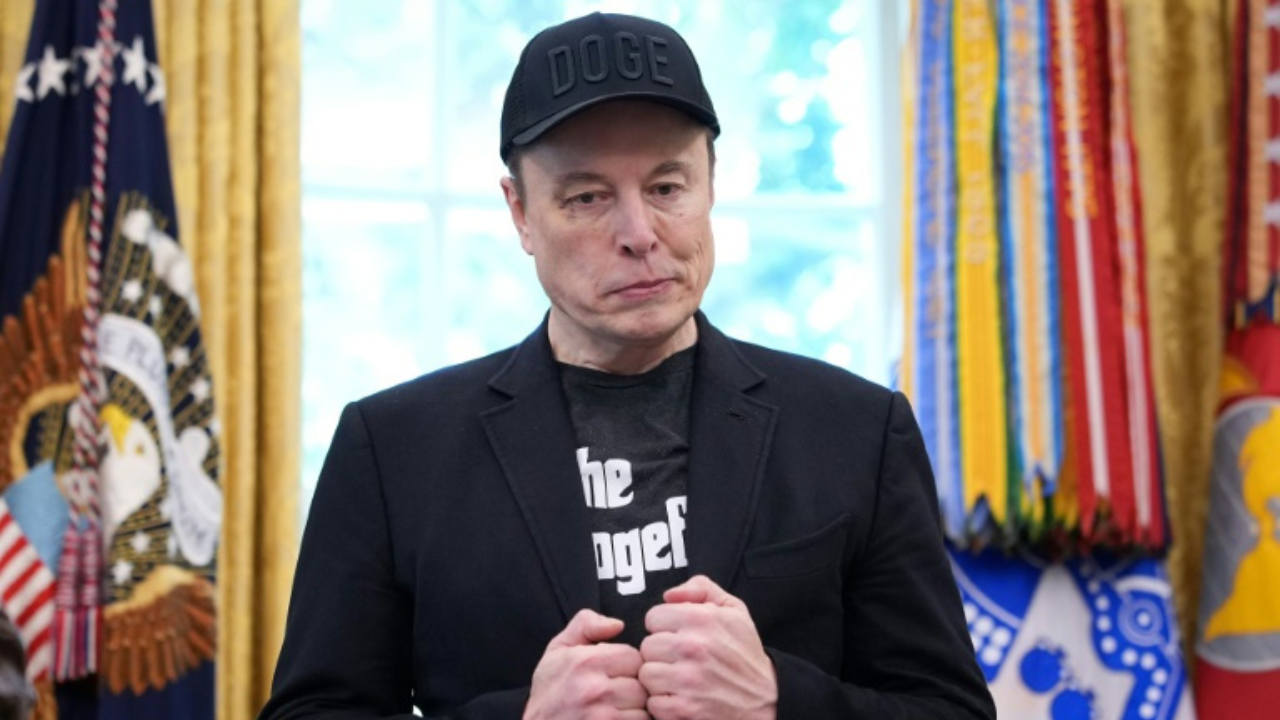Copyright ibtimes

Tesla shareholders have approved a record-breaking compensation plan valued at up to $1 trillion (£761 billion) for chief executive Elon Musk, positioning him to potentially become the world's first trillionaire. The deal, described as the largest corporate pay package in history, links Musk's rewards to Tesla's long-term performance rather than a fixed salary. The approval, finalised at Tesla's annual meeting in Austin, Texas, saw over 75% of shareholders vote in favour of the deal, signalling continued confidence in Musk's leadership. The package ties his compensation to aggressive growth targets that could transform Tesla from an electric vehicle company into a full-scale technology and robotics powerhouse. Performance Targets Behind the $1 Trillion Plan Under the plan, Musk's payout depends on Tesla meeting ambitious targets, including an $8.5 trillion (£6.4 trillion) market capitalisation, 20 million vehicles produced annually, and deployment of one million robotaxis and humanoid robots. According to The Washington Post, the package won over 75% shareholder support, with each tranche tied to $500 billion (£380.9 billion) valuation milestones. Tesla has positioned itself as a frontrunner in artificial intelligence and automation, with Musk stressing that its future lies in self-driving technology, robotics, and AI-powered energy systems. The roadmap mirrors his 2018 pay deal worth $55 billion (£41.9 billion) but goes far beyond in scale, reflecting Tesla's ambition to evolve from an electric carmaker into a global AI and robotics leader competing with NVIDIA, Intel, and OpenAI. The Road to Becoming the First Trillionaire Financial analysts suggest that if Tesla meets these goals, Musk's net worth could surpass $1 trillion (£761 billion), making him the first person in history to achieve such a fortune. According to Forbes, Musk's current net worth stands at approximately $342 billion (£260.5 billion), driven by his stakes in Tesla, SpaceX, and his new AI venture, xAI. Experts note that Musk's pay deal represents a new model of executive compensation that rewards performance rather than tenure. While supporters say it aligns the CEO's incentives with investors, critics argue it could widen the gap between executive and employee pay at a time of growing wealth inequality. Who Could Join Musk in the Trillionaire Race Elon Musk may lead the way, but several other tech titans are also inching toward trillionaire status. Analysts predict that continued growth in artificial intelligence and automation could propel a handful of billionaires past the 13-digit threshold within the next decade. These figures underscore the growing dominance of technology and AI-driven wealth creation. Analysts say Musk's pay deal could set a new benchmark for corporate compensation across the tech industry, as companies compete to secure visionary leaders capable of driving massive innovation. Global Reactions and Market Impact The record-breaking deal has drawn a mixture of praise and criticism. Supporters describe it as a bold statement of confidence in Tesla's future, while governance experts question whether a single executive should wield such influence over a global corporation. Despite controversy, the market reaction has been largely positive, with Tesla shares rising following the vote. Investors appear to view the pay plan as a commitment to long-term growth and an indication that Tesla will remain central to the world's AI and robotics revolution. Originally published on IBTimes UK



